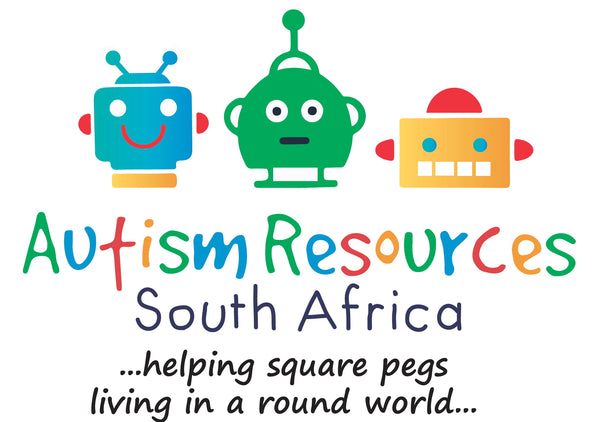This guest post from Autism Speaks was written by Catherine Fozard who was diagnosed with an Autism Spectrum Disorder at age 31.
I recently helped a friend with her niece, who had just been diagnosed with Borderline Personality Disorder. My friend strongly felt that this diagnosis was wrong, and after reading more about my symptoms and experiences with ASD believed that her niece “Anne” (name changed) was actually autistic. The symptoms were all there – social issues, anxiety, depression, sensory issues, self-harm… the list goes on.
After hearing about Anne’s personal experiences, including being bullied at school due to a simple social misunderstanding, I urged my friend to get Anne reassessed for a proper diagnosis. I felt instantly connected to Anne – we both experienced bullying at school due to not fully understanding social rules and etiquette and our inability to “read between the lines”, we both experienced depression, anxiety, self-harmed and were even both diagnosed with BPD… It was as if I was watching teenage me struggling all over again. I felt the pain, the frustration at being misunderstood and the confusion of misunderstanding the world around me.
I followed up with my friend about Anne’s progress about a week later. She had just met with her school counsellor and shared her belief that she may be autistic. To my horror, this was what the counsellor replied:
“You can’t be autistic. You have friendships!”
After hearing this, I was furious. 30 years of self-doubt and frustration washed over me as I remembered the misdiagnosis, the misinformation, and the misunderstandings. My whole life I had exhibited the classic signs of my unique form of autism, but due to a lack of knowledge and research, I had been missed. And it was still happening.
How are we different?
Many people I have encountered have expressed disbelief that I am Autistic. Their experiences with Autism showed a complete disparity to their observations of my behaviour. To my friends and acquaintances, I seemed perfectly normal. I made friends, was sociable, intelligent and had a sense of humour.
In their eyes I had never exhibited any of the commonly known Autistic behaviours – I made eye contact, I acted “normally”, I was well-spoken and thoughtful, I didn’t “meltdown” or hit myself or others. To them, I was just like everybody else. However, appearances can be deceiving.
The problem with recognition and getting a proper diagnosis
ASD girls know we’re different. We constantly observe others and see the differences, we feel them. Inside, we know something is wrong. Translating that feeling into words and getting a professional to understand us is often difficult, and it’s frustrating when they try to tell us we are “normal” or when they entertain ideas of personality disorders. We know we’re not “normal”, and we know we’re not curable – we know we have been this way our entire lives.
Some physicians will downright refuse to consider ASD, even when all the facts are right there. Don’t try and tell us our issues are caused by traumas, our traumas are caused by autism! Similarly, they can often be too quick to jump to personality disorders, perhaps because they are more familiar.
What we can do
To overcome the lack of knowledge about girls with ASD, we need to talk about it. Create conversations with other parents, your doctor, your family, your psychologist, and your friends. Blog about it, post Facebook statuses about it, share articles and information. The more awareness we create, the more we can overcome the adversity that girls on the spectrum face every day. The more awareness created, the more public interest, funding, fundraising and research is generated.
This creates a trickle-down effect to health care professionals and those that are taking care of our children.
I don’t want to see girls like Anne go through what I went through, the isolation, the ostracism, the anxiety and the frustration.
The world is hard enough without having to go it alone.
